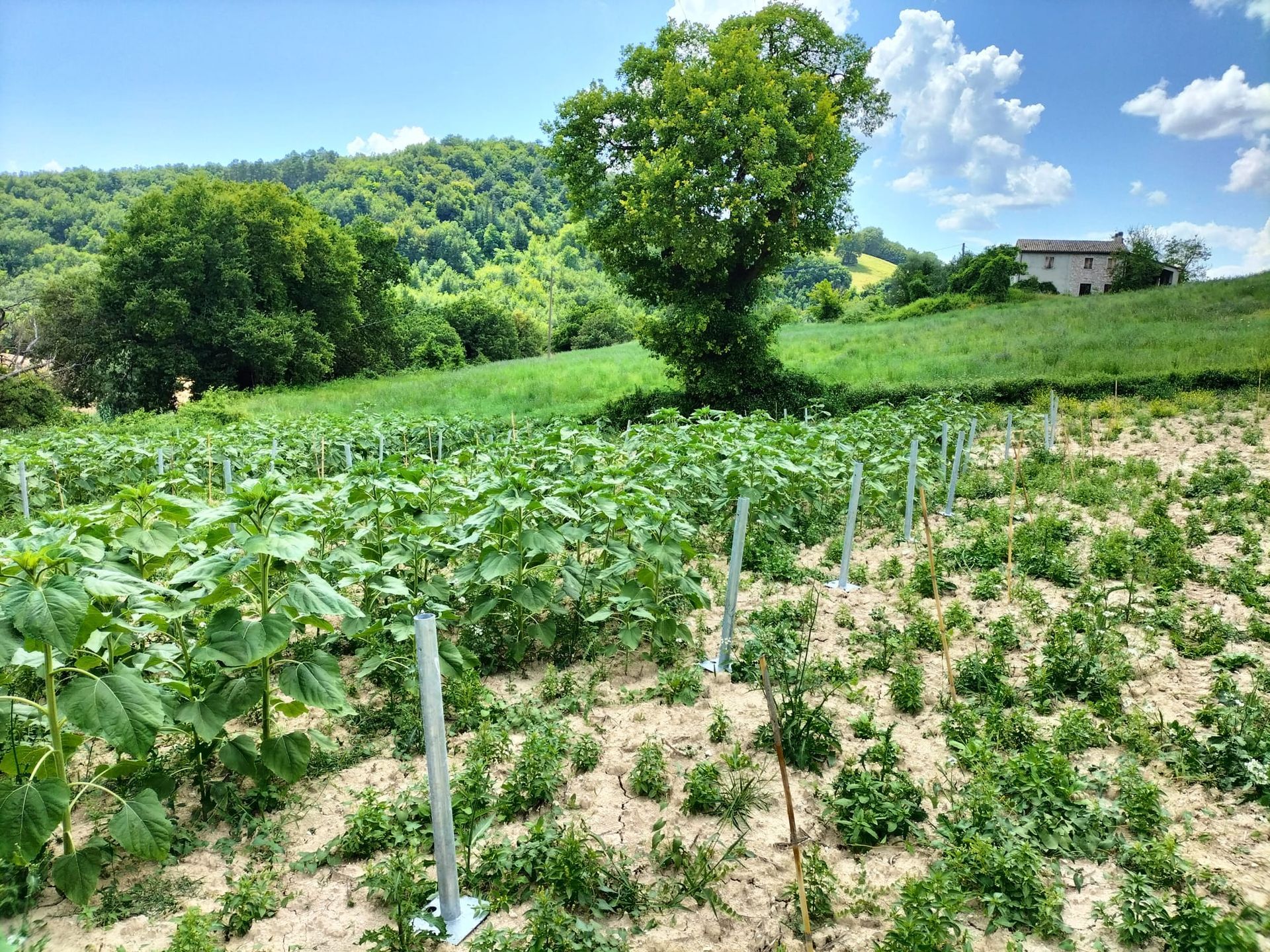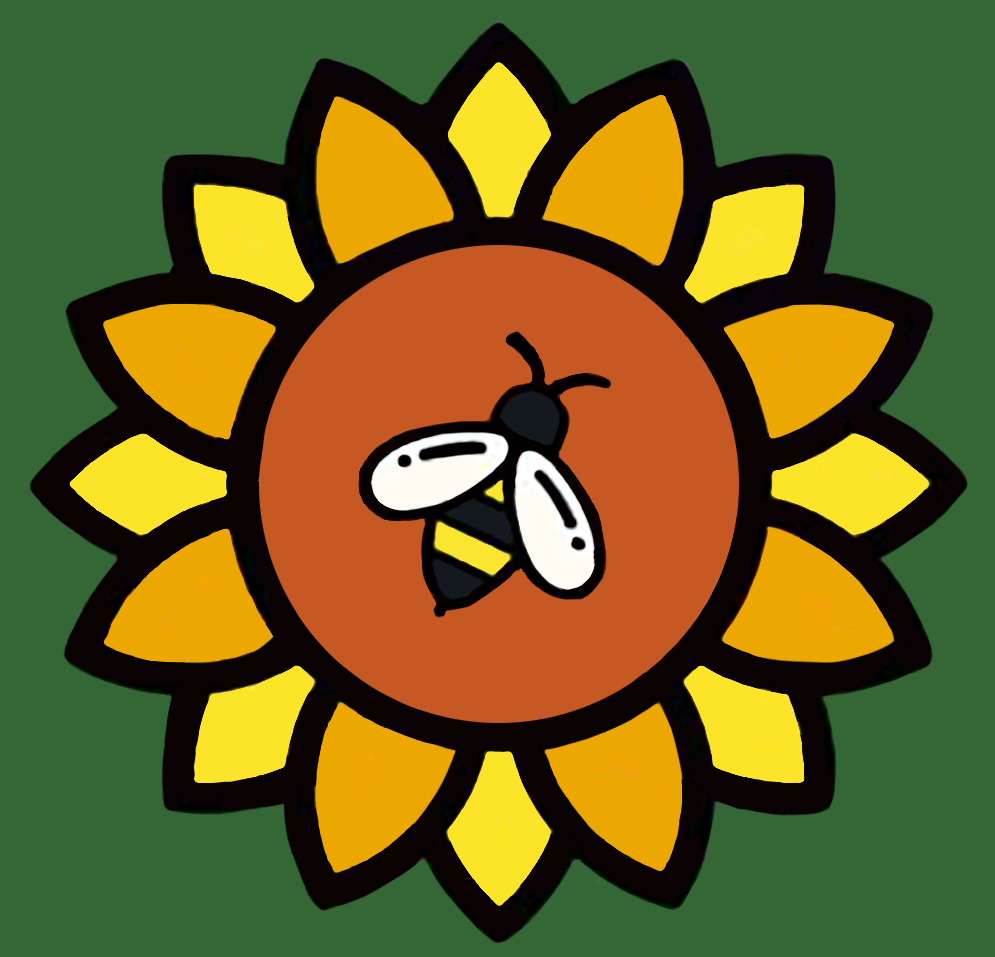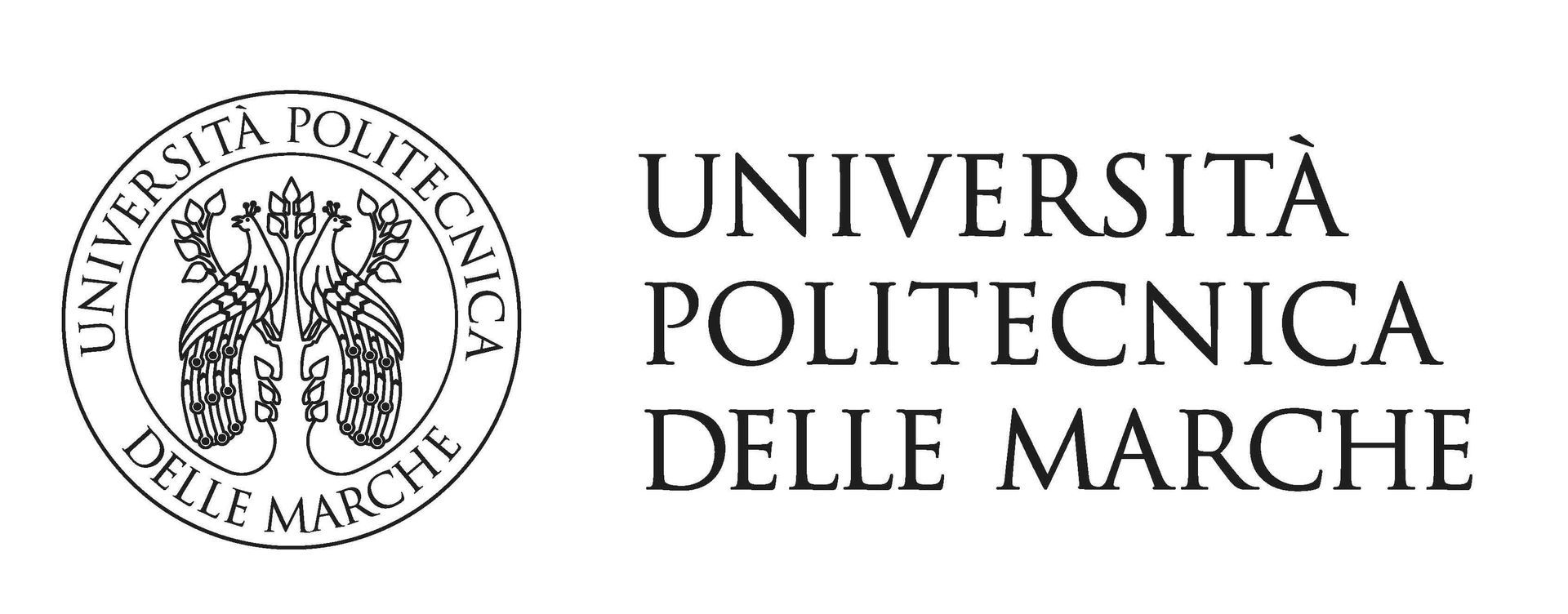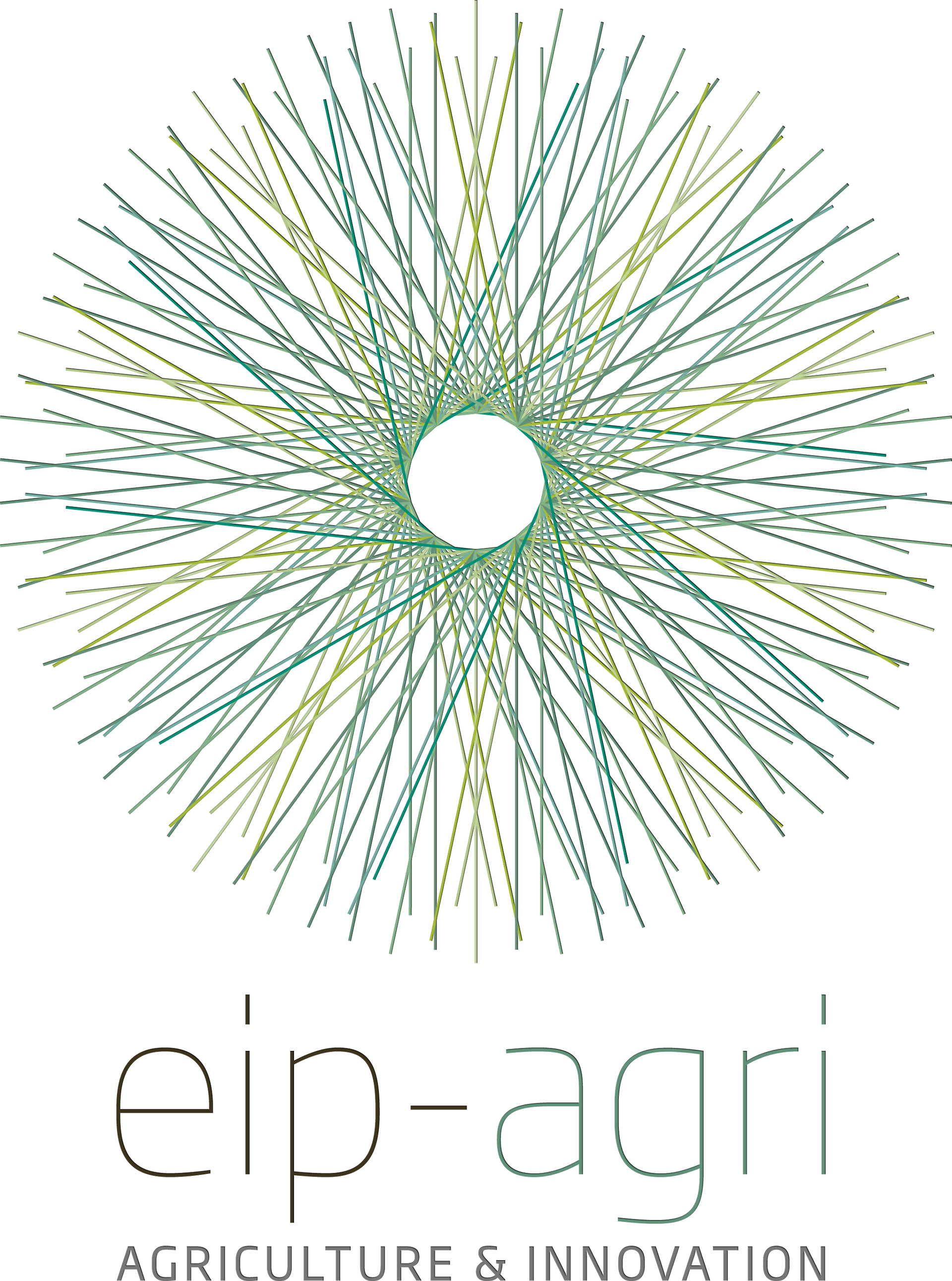The benefits of the Beeflower project
Effects of the BEEFLOWER project in productive, economic, environmental and social terms
Productive-economic effects of innovation
– Increase in agri-food company profitability margins: increase in competitiveness diversification through:
1) identification of sunflower accessions that are resilient to climate change and suitable for cultivation in farm soil and climate conditions;
2) company self-production of seeds;
3) nutritional and bioactive substances characterization of a new panel of products (hulled achenes, hulled achenes flour, cold-pressed oil, cake, honey and pollen); innovative use of cake in the preparation of baked products.
– Increase in the profitability margins of beekeeping companies in the area: the diffusion of old sunflower accessions, with high honey potential and with scalar flowering periods would allow beekeeping companies to produce sunflower honey or increase the production of wildflowers.
Environmental-social effects of innovation
- Protection of biodiversity: recovery of old sunflower accessions and production of seeds resilient to climate change. Protection of ecosystem services: recovery of old sunflower accessions with high melliferous potential. Pollinators are of fundamental importance for the survival of both natural and agricultural ecosystems and for all of humanity. In fact, 90% of spontaneous plants and 3/4 of cultivated ones depend on pollination mediated by insects. Social effects: a problem linked to the use of old accessions is the availability of organic seeds. For the construction of territorial networks, for the valorization of the social function that agriculture has always had in rural society (solidarity, integration, relationships, memory) the exchange of small quantities of seeds plays a crucial role. Consumer health: production of functional/nutraceutical/health products.
Impacts of the project
The project will have a general impact on:
- All the companies of the Terre Marchigiana Organic District (of which the lead company is a founding member), a district that brings together 110 companies in the organic agri-food sector for 5,200 cultivated hectares. This is an area where there is a significant increase in organic farms that also carry out agritourism. The bio-district is an innovative tool for territorial organisation, aimed both at increasing the multifunctional role of the primary sector and at improving agro-environmental performance in a sustainable way. Going beyond the concept of the organic farm as an isolated production unit, the districts represent 'places' for the concentration and interweaving of organic agri-food chains, for the valorisation of local specialties and environmental quality, for the experimentation of effective policies and tools for economic and social development. All the companies in the Marche Organic District which includes 2,100 farms, 71 thousand cultivated hectares (representing 60% of the organic surface area in the Marche) and a turnover estimated at 100 million euros.
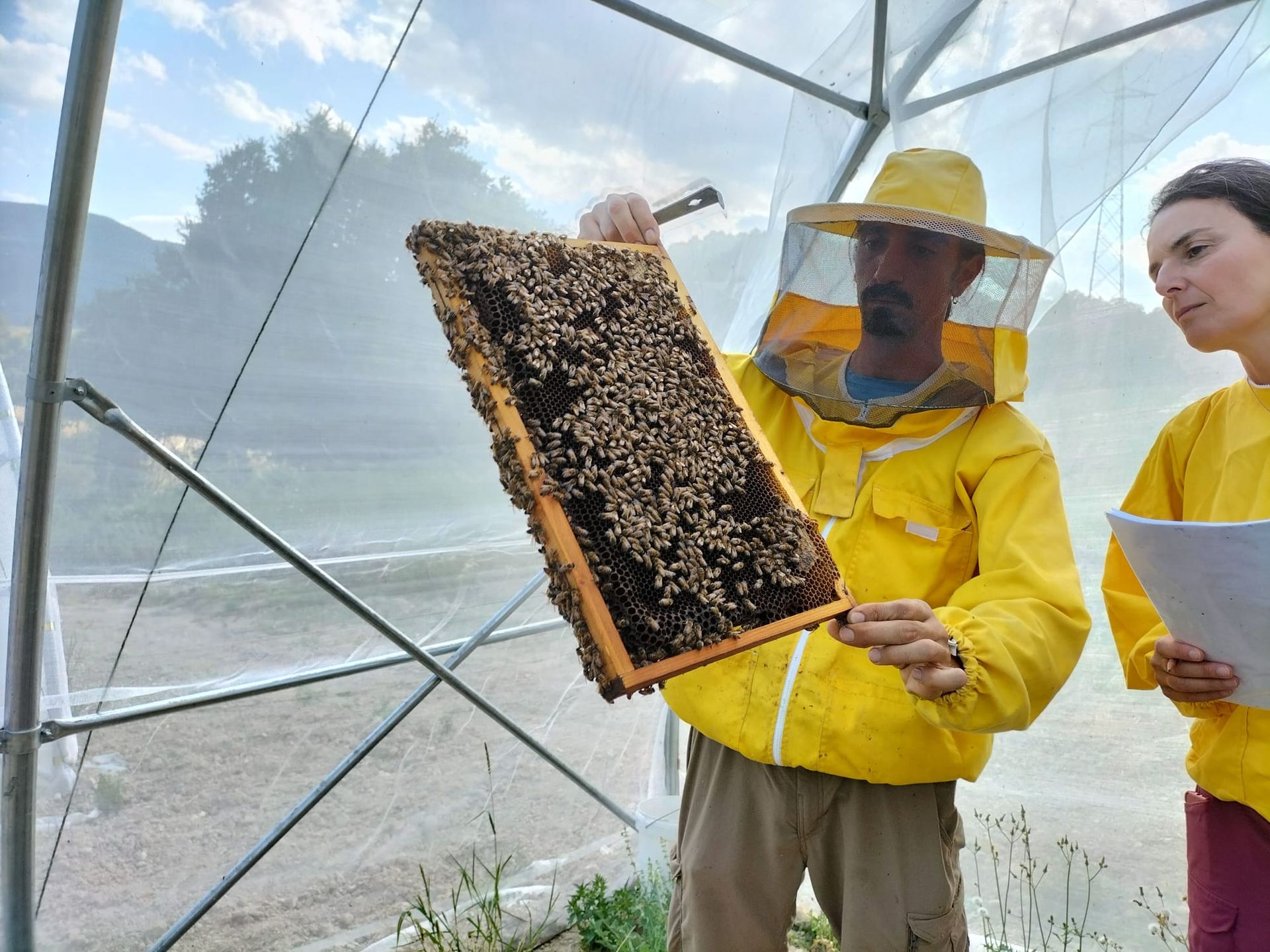
Cereals, in the most common production system, are grown in alternation with sunflowers.
The market increasingly requires organic production obtained with certified organic seeds: from processing to the final consumer. From this point of view, the project aims to fill an important gap with indisputable positive consequences for all organic helioculturists who, at present, operate under an exemption regime for the purchase of non-organic seeds.
The promotion and enhancement of organic agriculture and the promotion of accessions with greater honey potential will also have positive effects for regional beekeeping which has 3123 beekeepers with a number of hives equal to 59002 out of a total of 5593 apiaries.
To this we must add the inestimable ecological value brought by the increase in wild pollination in the regional territory.
The project promotes the construction of territorial networks, for the valorization of the social function that agriculture has always had in rural society (solidarity, integration, relationships, memory) through the exchange of small quantities of seeds resilient to climate changes and suitable for organic agricultural systems.
